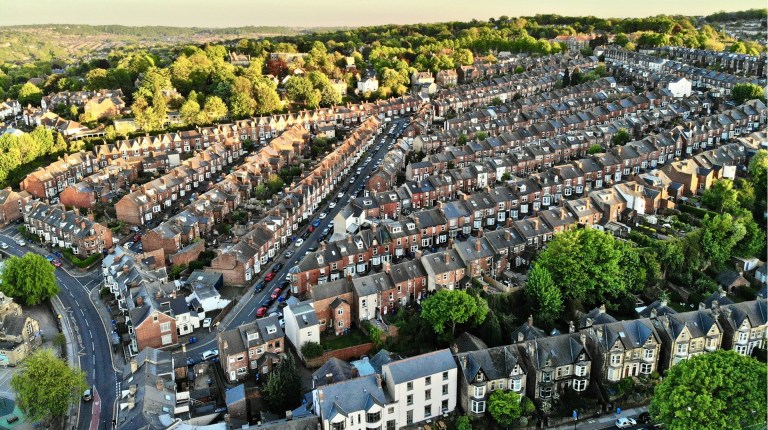Bank of England research by Professor Steve Nickell estimated that with the current number of EU unskilled immigrants unskilled wages would be two per cent lower than otherwise across the economy. If we consider that in poorer communities the density of such immigrants is around double typically what it is nationally, then both the cost of support to the local population and the wage effect will be doubled too.
Putting all these estimates together implies that a typical two-person household on 50 per cent of the median income (about £240 disposable income a week) would get a gain of 15.4 per cent in its living standard. The gain to a household on 60 per cent of median income (£300 a week) is 14.7 per cent. This would be a gain of £44 a week from Brexit or £2,288 a year.
Less well-off households will get direct benefits from Brexit worth around 15 per cent of their current income
So Brexit is particularly important to less well-off households for whom free trade and immigration control are especially relevant. Besides participating in a generally more prosperous economy, they will get direct benefits from Brexit worth around 15 per cent of their current income.
‘NO’
Molly Scott Cato
Green MEP for South West England
“Studies reveal that Brexit will be disastrous on our economy, having the greatest impact on the most vulnerable”
It is one of the sad ironies of the referendum that those who are likely to suffer most from the decision to leave the EU will be those who voted for Brexit. Research earlier this year concluded regions of the UK that voted strongly in favour of leaving the EU are also those with the greatest levels of dependency on European markets and on funding for regeneration.
I believe the strong Leave vote witnessed in regions of high poverty and deprivation was a response to feeling forgotten or left behind. But these are the very regions that benefit most from our membership of the single market and customs union, and receive most from the EU in regeneration funds. It is government austerity, not the EU, that has left so many areas, and the people who live there, struggling.
Advertising helps fund Big Issue’s mission to end poverty
It is government austerity, not the EU, that has left so many areas struggling
Many low-paid workers now work in what can be called the “screwdriver economy”. The catastrophic decline of manufacturing during the Thatcher era led to thousands of factories being closed and hundreds of thousands of job losses. With many regional economies devastated, the government lured foreign investors to use the UK as an assembly base for onward sale into the EU single market.
Our manufacturers are now highly dependent on this market, and a customs union which means there are no tariffs on the trade of goods within the EU. The Tories’ plan to leave both the single market and customs union could result in companies upping sticks and moving elsewhere in Europe – a catastrophe for many thousands of workers.
Funding from the EU for regeneration amounts to some £8.4bn in the current round (2014-2020). Councils have used these funds to help new businesses start up and create thousands of jobs. Earlier this year the Local Government Association called on the government to guarantee to match what local authorities receive through EU funding after Brexit to protect the poorest and most vulnerable in society. No reassurance has been forthcoming and the country’s poorest regions face uncertainty.
Councils have used EU funds – currently at £8.4bn – to create thousands of jobs
Indeed, information and reassurances from the government are in desperately short supply. For several months I have been pressing the government to release their studies into the impacts of Brexit on at least 50 sectors of the economy.
They have consistently refused to do so, arguing it will weaken the government’s negotiating position with the EU. More likely it is because the studies reveal Brexit will be disastrous on our economy, for jobs and for public services.
Being funded by tax revenues, our public services will be devastated if our economy takes a dive post-Brexit and the Tory government gets its way on turning the UK into a tax haven. This in turn will have the greatest impact on the most vulnerable.
Advertising helps fund Big Issue’s mission to end poverty
Brexit Britain could leave our economy in recession, resulting in thousands of job losses and lead to skeleton public services. None of this bodes well for the poorest and lowest paid.












